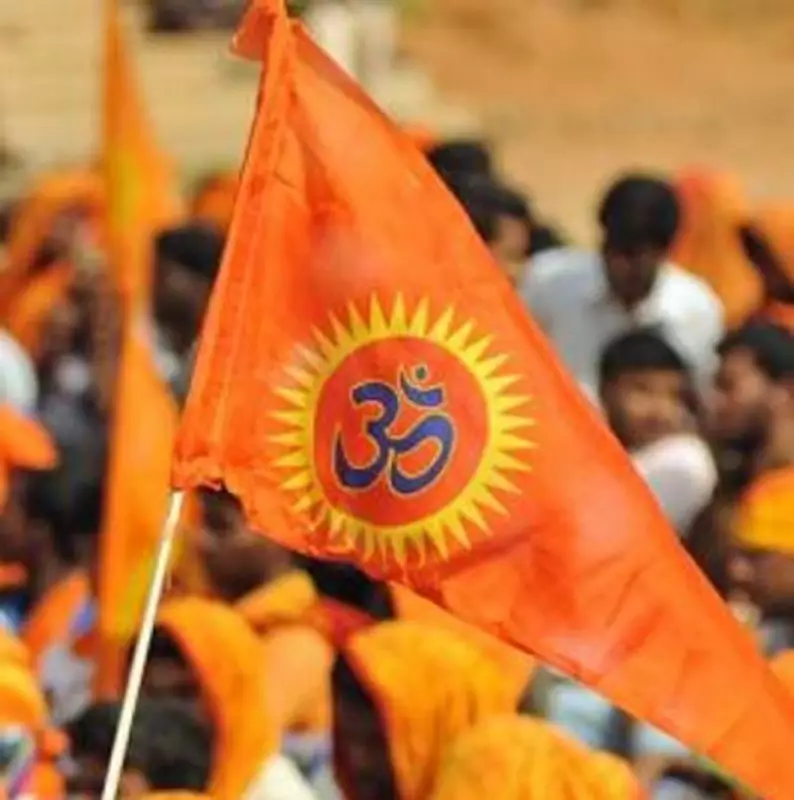
In a move that could reshape the identity of India's capital, the Vishva Hindu Parishad (VHP) has formally proposed changing Delhi's name back to its ancient designation - Indraprastha. This bold suggestion aims to reconnect the modern metropolis with its legendary past mentioned in the Mahabharata epic.
The Historical Significance Behind the Proposal
The VHP's proposal emphasizes that Indraprastha represents Delhi's original identity as a thriving city in ancient Indian literature. According to Hindu scriptures, Indraprastha served as the magnificent capital of the Pandavas, making it a site of immense cultural and historical importance.
VHP leaders argue that restoring the ancient name would honor India's rich heritage and strengthen cultural continuity between modern India and its glorious past. The organization has begun gathering support for this initiative among various community groups and political stakeholders.
What the Name Change Would Entail
The proposal suggests a comprehensive transition that would affect:
- Official government documents and records
- Public signage and infrastructure markings
- Educational materials and curriculum references
- International diplomatic communications
- Transportation systems and mapping services
Potential Implications and Reactions
While the VHP presents this as a cultural restoration project, the proposal is likely to generate significant discussion across political and social spheres. Supporters view it as reclamation of historical identity, while critics may question the practical implications and costs associated with such a change.
The proposal comes amid ongoing debates about historical preservation and cultural identity in urban development. As the national capital, Delhi's naming carries symbolic weight that extends beyond municipal boundaries, potentially influencing how India's ancient heritage is perceived globally.
The VHP has indicated they plan to formally present this proposal to relevant government authorities in the coming weeks, setting the stage for what could become a significant national conversation about identity, history, and urban nomenclature.





